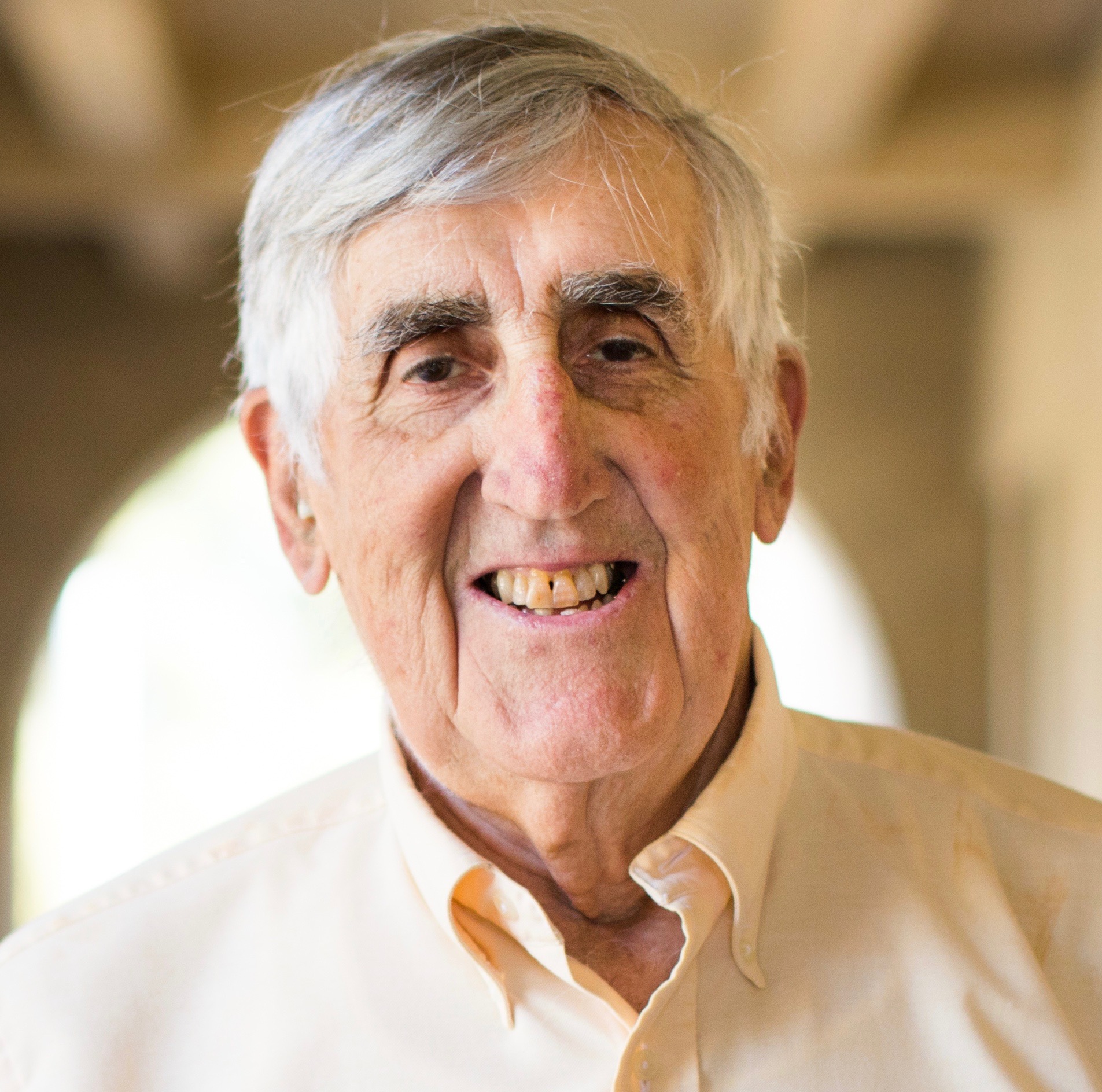GSE Emeritus Professor Larry Cuban (Photo: Holly Hernandez)
Cuban, a leading scholar on the history of school reform and author, most recently, of Chasing Success and Confronting Failure in American Public Schools, points to historical precedents for insight—specifically the influenza epidemic of 1918-19, the Great Depression and the aftermath of Hurricane Katrina in New Orleans.
The 1918 outbreak is most analogous to current events, he says, suggesting incremental changes in how schools assemble students for the next two to three years, until a vaccine is developed and becomes widely available. “For the first couple of years, you’re going to have multiple-shift schools,” he says, to limit the number of students in class at one time. Once students are able to gather as they used to, he expects modest changes held over from the closures—such as an increase in teaching online—as a cost-saving measure to cushion the blow of the inevitable recession.
“It’s going to be a bad time for schools, and they'll soldier through like schools always have,” Cuban says. “They'll get through, but there will be cost.”
You can listen to School's In on SiriusXM, Apple Podcasts, Google Podcasts, Spotify, Stitcher and Soundcloud.

